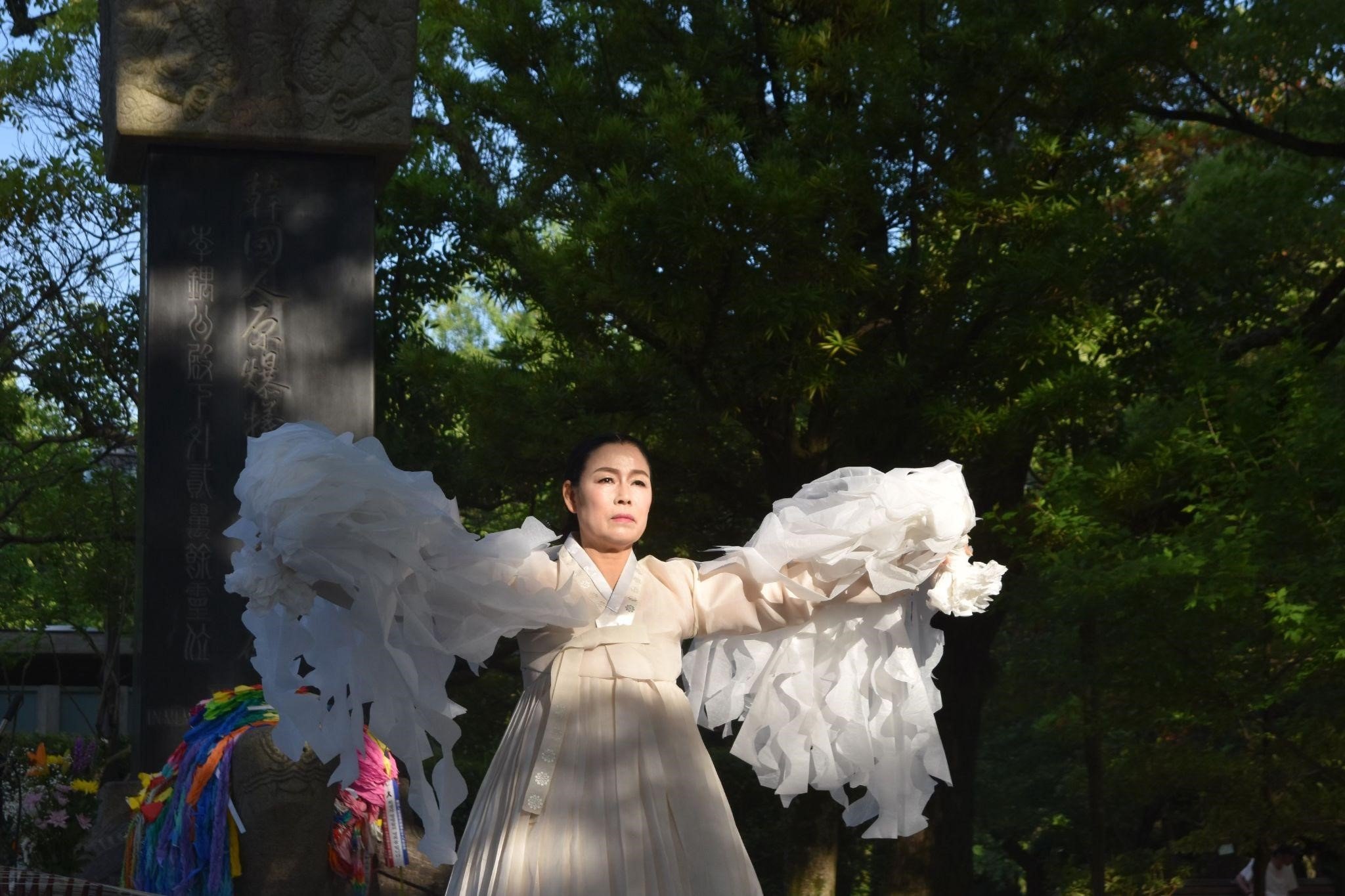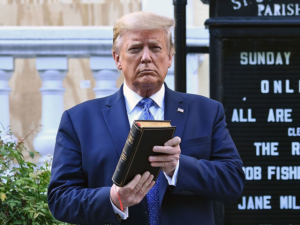By Margaret Engel
August 6th and 9th mark 79 years since the U.S. atomic bombing of Hiroshima and Nagasaki, launching the world into the nuclear age and leaving hundreds of thousands of lives in their wake. In these past nearly eight decades, global superpowers have developed, tested, and stockpiled thousands of nuclear weapons in an effort to demonstrate military superiority and deter one another from attacking. In the name of promoting national security, there has been a massive ecological and human toll from the many years of weapons development felt across the world. Today, some of the world’s most marginalized groups stand at the forefront of the anti-nuclear proliferation movement, and work alongside victims of Hiroshima and Nagasaki. Through collaborative, international efforts since the bombings, testimonies of the Japanese hibakusha have echoed across the world. That said, a second group of victims in Hiroshima and Nagasaki, who were victims to both U.S. and Japanese imperialism, have often been left out of the dialogue and are currently working to demand recognition and accountability.
As of 1945, a large percentage of Koreans were forcibly relocated across Imperial Japan to work as migrant laborers. Many Koreans were stationed in Hiroshima and Nagasaki at the time. It is estimated that anywhere between 70,000 to 100,000 Koreans were killed by the atomic bombs. Following the bombings, Korean A-bomb victims received no recognition from the Korean government, Japanese government, and certainly not from the United States government. Tens of thousands of Koreans found themselves without medical care, housing, or money when they returned to Korea. Like many Japanese hibakusha, Korean survivors faced discrimination from others that affected their employment, relationships, and other aspects of daily life. Without formal recognition, the experiences of Korean A-bomb victims have disappeared from anti-nuclear dialogue, and many stories have died alongside the aging population.
Solidarity for Peace and Reunification in Korea (SPARK) is an organization coordinating efforts to bring about awareness and recognition of the suffering of Korean A-bomb victims. Since its founding in 1994, the organization, consisting of 1,900 members across South Korea, has promoted denuclearization of the Korean peninsula, a reduction to the annual Korean defense budget, and a peace treaty that would officially bring an end to the Korean war. In the past ten years, SPARK has worked with legal scholars and international peace advocates to organize the International People’s Tribunal, which “has the primary purpose of restoring the collapsed historical justice by holding the U.S. legally responsible for the atomic bombings of 1945, and restoring the human rights of Korean atomic bomb victims who were affected by Japanese colonial rule and the U.S. atomic bombings.” The tribunal is expected to be held in 2026 in New York City, in the same year as the Eleventh Nuclear Non-Proliferation Treaty (NPT) Review Conference and the Fifth Meeting of States Parties to the Treaty on the Prohibition of Nuclear Weapons (TPNW). Peace Action New York State is just one of the many supporters of the tribunal, and I had the opportunity to participate in the 2nd International Forum for the International People’s Tribunal in Hiroshima this summer.

The forum consisted of presentations, roundtable discussions, and open community dialogue led by Korean, Japanese, and international advocates from legal and political backgrounds. Several first and second generation Korean A-bomb victims were in attendance and shared their personal accounts of the bombings. Ceremonies featuring Korean music and dance were organized for all to take part in remembering the victims. The various committees were able to meet and strategize about the two years in anticipation of the 2026 tribunal. Although there is a long way to go and much to organize, SPARK members and their international collaborators, including PANYS, are looking forward to the tribunal knowing that it holds an incredible and long-awaited opportunity for Korean A-bomb victims to get the recognition they deserve and to hold the United States accountable for its atrocities.
As we reflect on August 6th and 9th, holding the stories of hibakusha in our hearts and remembering the needless violence and all that came after it in Japan, it is critical that we acknowledge all victims of nuclear weapons, and know that there is still so much work to be done. I was grateful to learn so much from SPARK and the attendees of the 2nd International Forum about the suffering and lifelong work of Korean A-bomb victims, and will do what I can to keep spreading their stories and message of denuclearization and nuclear abolition.
To learn more about the International People’s Tribunal, visit: https://abombtribunal.campaignus.me





